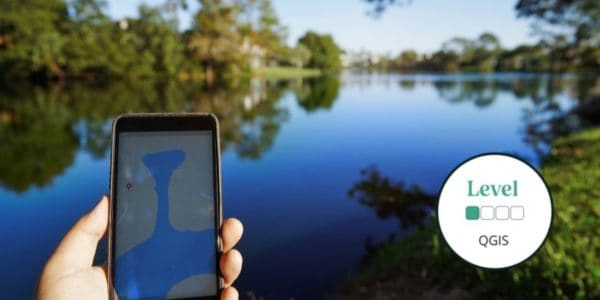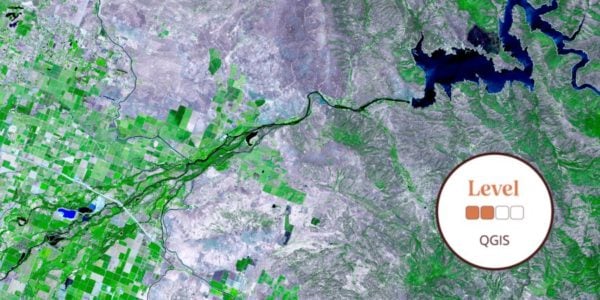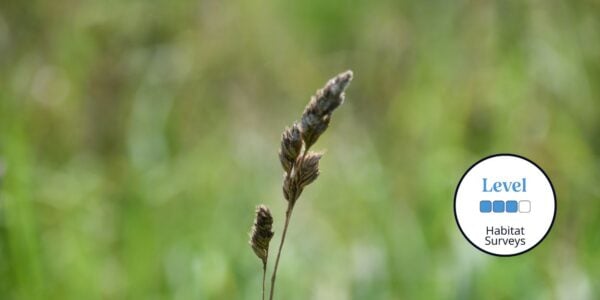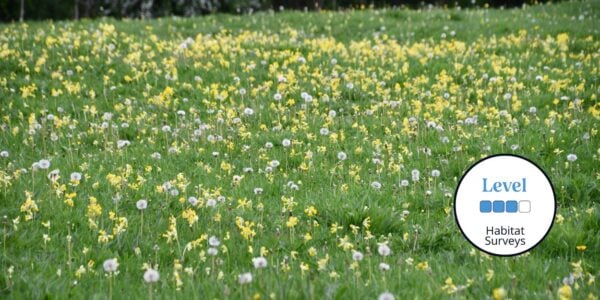Gain a better understanding of Biodiversity Net Gain (BNG). Join us as we explore what to expect and how to interpret the Metric when reviewing Biodiversity Net Gain.
This four-week course equips participants with the skills required to understand the principles of BNG and have an awareness of what goes into the Metric. You will learn valuable hands-on experience inputting data into the Metric 4.0, interpreting its outcomes, understanding its limitations, and discussing real-life case studies. Participants will be given an overview of BNG legislation, its purpose, and what to expect during a BNG project. This course is ideal for those who review BNG reports and the Metric such as Planners, Developers and Landscape Architects.
What will be covered during this course?
- Biodiversity Net Gain rationale and purpose
- Understanding the Metric
- Interpreting the Metric
- Legislation and best practice
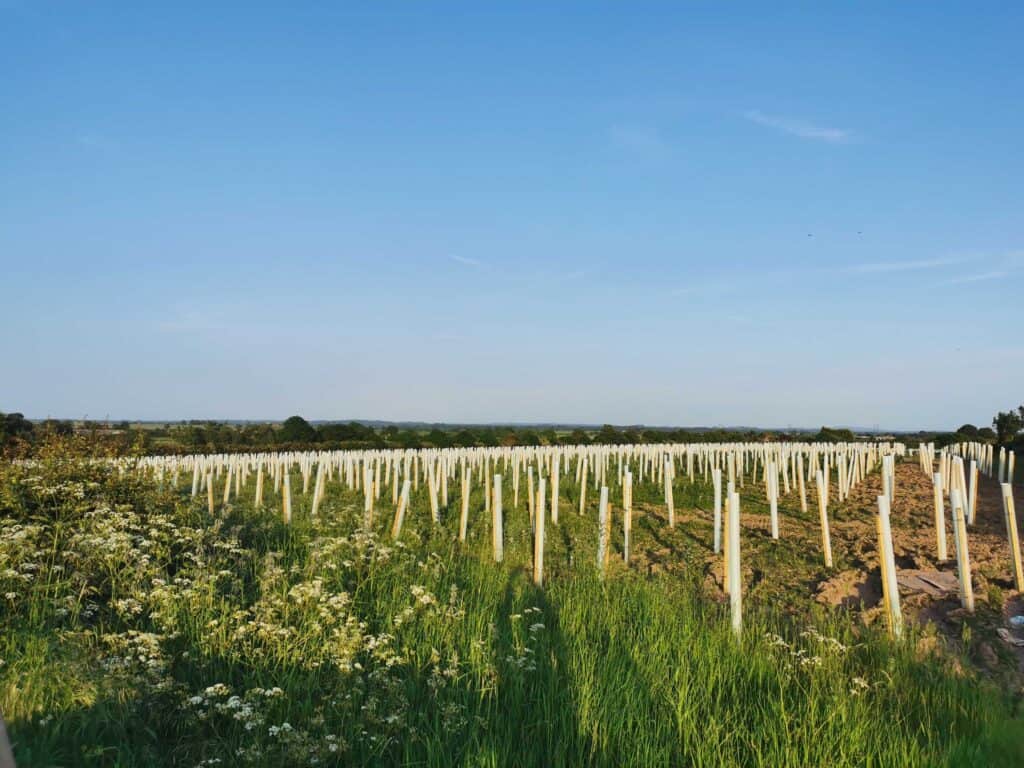

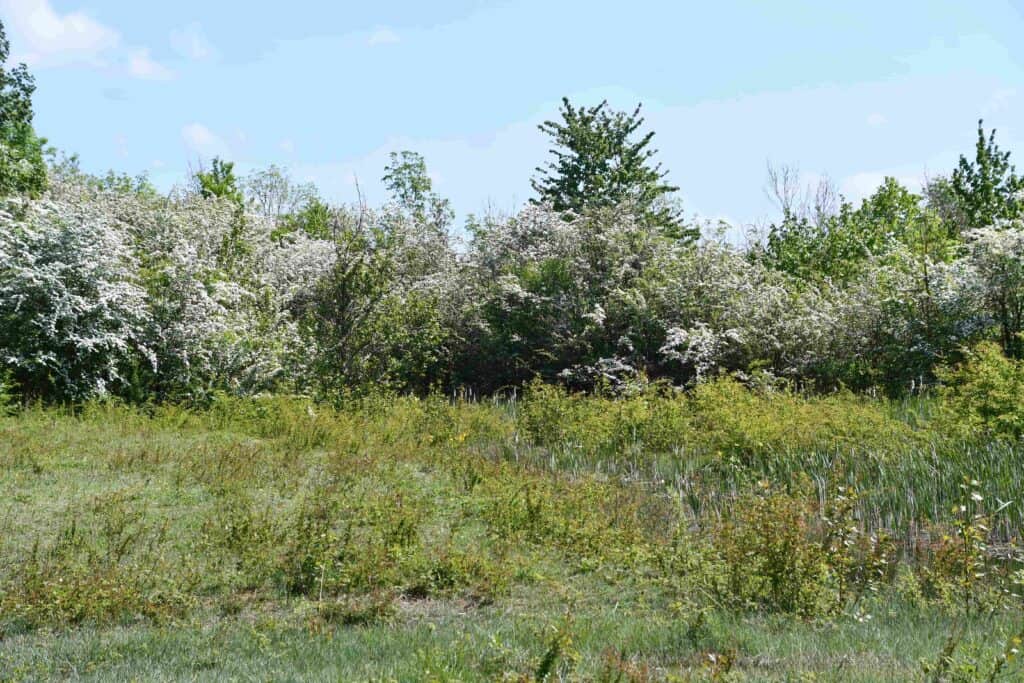
Read More
This is a 4-week online course covering 4 topics, for which you will complete a variety of online resources and activities. As part of the course you will get first-hand experience of working through a metric from baseline to post-development and inputting data on your own in relation to a case study – this will commence from week one and will be ongoing throughout the course. Each topic is concluded with an interactive Zoom workshop to complement the content. Prior to the weekly webinar participant will be provided reading material as well as practical exercises. The material should take approximately 2-3 hourrs to work through in addition to the 45min webinar.
By the end of the course, you will:
- Have a greater awareness of Biodiversity Net Gain, its purpose and limitations
- Know what you should expect when receiving the Metric and BNG Report
- Have a greater understanding of the Metrics outputs and how net gain can be achieved
- Be aware of the legislation and best practice guidance associated with BNG.
Who Should Attend? – Those who may receive and need to interpret Biodiversity Net Gain reports and associated Metrics as part of a Project and/or planning application.
Knowledge Level – Intermediate. Level descriptors can be found on the following webpage: Framework and Course Level Descriptors
Prior Knowledge – No existing knowledge or experience is needed for this course. Just a willingness to contribute and learn.
Please note – bookings will close 2 working days before the course start date to allow for all participants to be enrolled to the online platform – bookings will not be taken after this time.
Bookings will close sooner if course capacity is reached
Understand how our online courses are delivered.
Live webinar information
There are 4 webinars for this course, taking place at the end of each week. Please see the date listing below for the day and time.
Please note – webinars will be recorded and uploaded to the virtual learning platform for learners unable to attend.
About the Tutor
Julie Riley
Julie Riley MCIEEM is a Consultant Ecologist with 17 years’ experience of working in the environmental sector, specialising in botany and habitat identification. A certified UKHab trainer, she has been working with UKHab and Biodiversity Net Gain since early 2020. Her experience includes submitting ecology and BNG reports for planning consideration, modelling potential BNG outcomes for compensation sites, and reviewing BNG reports on behalf of a local authority.
Example Timetable
Week 1: BNG Rationale & Purpose
Self-study material is available from the start date.
Week 1 Live Webinar at the end of week 1
Week 2: Understanding the Metric
Self-study material available after week 1 webinar
Week 2 Live Webinar: at the end of week 2
Week 3: Interpreting the Metric
Self-study material available after week 2 webinar
Week 3 Live Webinar: at the end of week 3
Week 4: Legislation and Best Practice
Self-study material available after week 3 webinar
Week 4 Live Webinar: at the end of week 4
The final deadline to complete any outstanding assignments and self-study components 2 weeks after the final webinar.
Time commitment: This course will require approximately 2-3 hours of your time each week. This includes covering course materials on our Moodle learning platform and the Zoom session.
What's Included
This course has been carefully created to help you continue to build and develop your knowledge as the course progresses. With content crafted to the online Moodle Platform and bespoke to the Field Studies Council.
This course includes:
- 45-minute interactive weekly Zoom workshops to connect with the tutor and other participants.
- Expert tuition.
- Activities to work on independently in advance of each Zoom workshop.
- Tailored course completion certificate.
Once the course commences, you will gain access to self-study ’workbooks’ to begin your learning journey. Quizzes and skill checks will give you instant feedback on your learning. Forums give students the chance to interact with each other as well as a place to share work.
Recommended Devices
It is recommended that you access your course through a PC or laptop. Please be aware that there will be reduced functionality if you decide to access the course through a tablet or smartphone. The Field Studies Council is unable to email content directly to you.
Bursaries and Subsidies
Student Discount
This course is eligible for a student discount. If you are a current student, please use discount code BioStudent20 at checkout for 20% off all Biodiversity courses.
Natural History Bursaries
There are a number of natural history bursaries available to help with the cost of your course. To find out if you and your chosen course are eligible, read more here.
Before You Attend
Accessing Your Course
- Once you sign up you’ll receive an email at least 24 hours in advance of the course opening with details of how to access our easy-to-use platform, Moodle.
- Moodle can be accessed through a browser or an app.
- Webinars are via Zoom so you won’t need any new software to attend
Recommended Devices
It is recommended that you access your course through a PC or laptop. Please be aware that there will be reduced functionality if you decide to access the course through a tablet or smartphone. The Field Studies Council is unable to email content directly to you.
Opportunities to attend this course
-
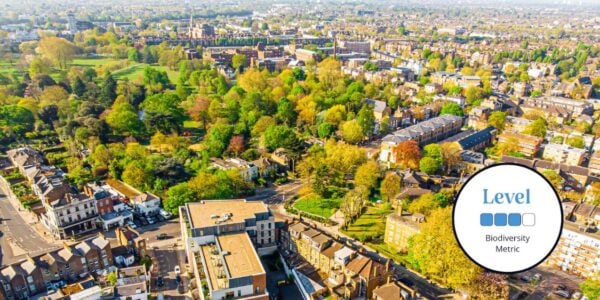
Tue 16, April 2024 - Tue 28, May 2024
The webinars will take place on Tuesdays 1.00 pm - 1.45 pm on the following dates:
- Week 1: 23rd April 2024
- Week 2: 30th April 2024
- Week 3: 7th May 2024
- Week 4: 14th May 2024
Sorry this course is out of stock
-

Tue 14, May 2024 - Tue 25, June 2024
The webinars will take place on Tuesdays 1.00 pm - 1.45 pm on the following dates:
- Week 1: 21st May 2024
- Week 2: 28th May 2024
- Week 3: 4th June 2024
- Week 4: 11th June 2024
Contact us to schedule on-demand group bookings for this course - [email protected]
Sign up for our Biodiversity Net Gain newsletter to hear about future dates of this course. You will also receive updates about other opportunities from the Field Studies Council relating to Biodiversity Net Gain and similar topics.
Progress Your Learning
This is a training course from the Field Studies Council, delivered by expert tutors with an approachable learning style. After attending this course, you may like to progress your learning with further relevant courses or branch out into other areas of natural history. The Field Studies Council offers both online and in-person courses, so you can choose the learning style that suits you best.
The course gives you the opportunity to immerse yourself in a new subject and acquire novel skills. Our online portal gives you time to study at your own pace and fit the lessons around your own schedule.
If you have any questions about our online courses please check our Frequently Asked Questions or email [email protected].
Group Bookings Made Easy
If you have a group of 10 or more individuals wanting to complete one of our courses, our team are available to discuss your options – from discounts to private team courses. Find out more!
You can rest assured that the absolute best content from an expert in environmental education will be at your fingertips. In choosing a Field Studies Council course, you will be joining thousands of people who learn with us each year.


